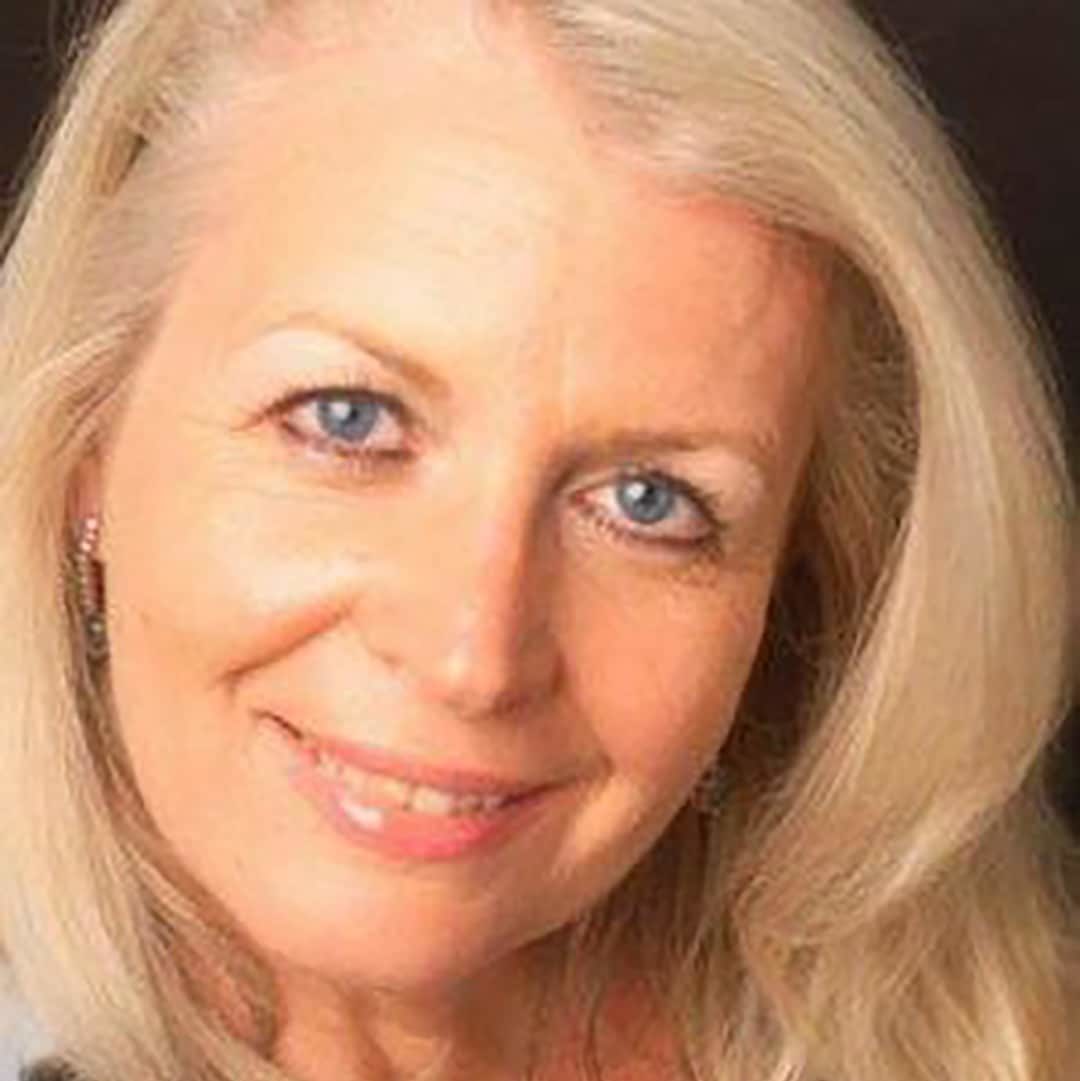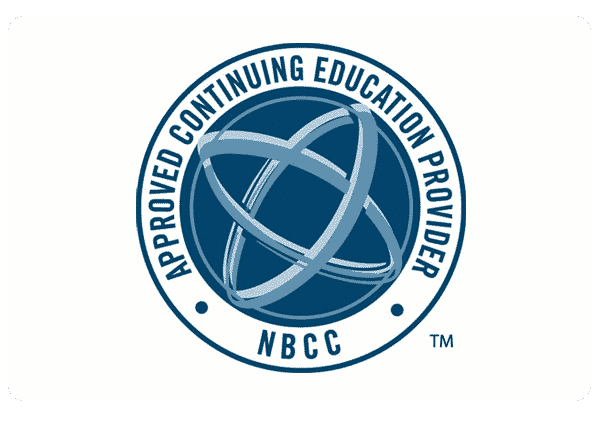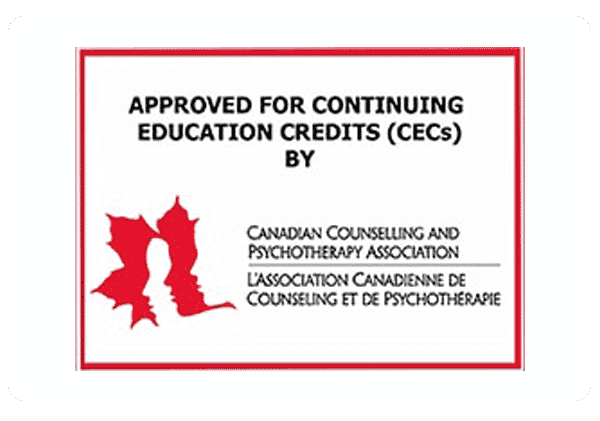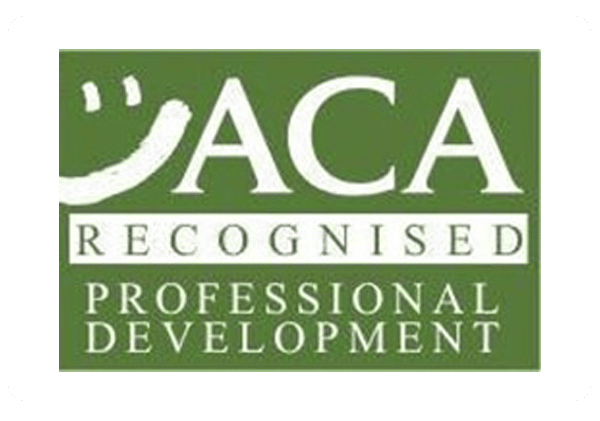The Hidden Nature of Sibling Sexual Abuse: When Sexually Harmful Behaviour Masquerades as Consensual Sexual Experimentation – Christiane Sanderson
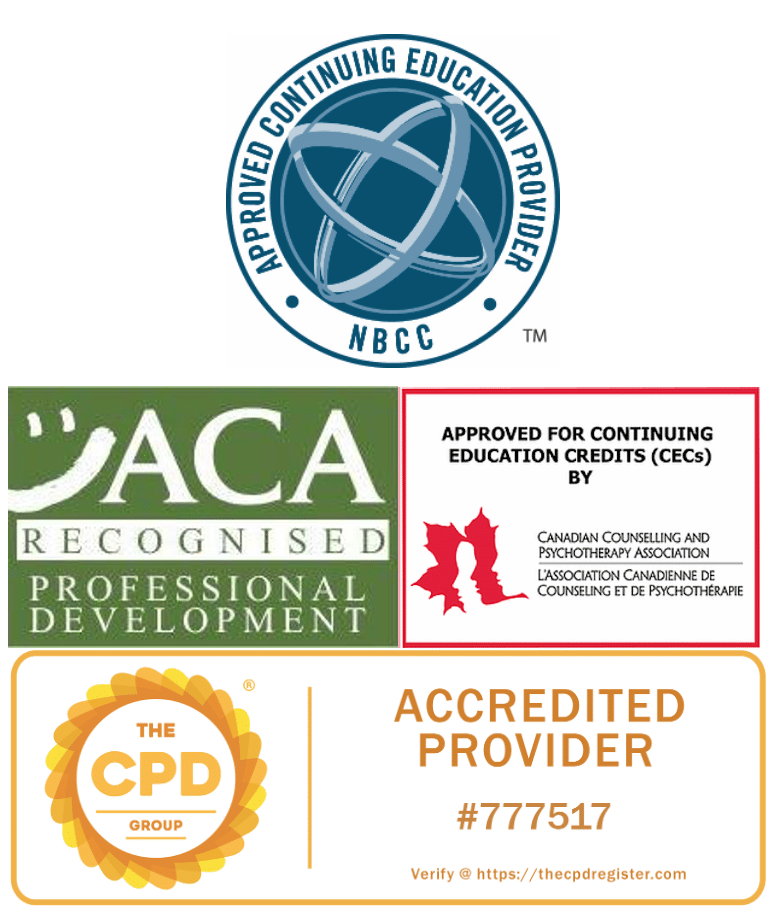
It is estimated that one third of sexual abuse is perpetrated by children, with some as young as four engaging in sexually harmful behaviour. Overt peer to peer abuse is commonly seen in sexual harassment and sexual bullying, peer to peer sexual exploitation, and the use of sexual violence and rape in gangs. There is however a more nuanced, often unspoken type of sexually harmful behaviour which is usually under-reported as it masquerades as consensual sexual experimentation between children, especially siblings, step siblings and cousins.
To fully differentiate between consensual sexual experimentation and sexually harmful behaviour it is critical to understand both typical and atypical sexual development in children and young people. This workshop will examine the nature and dynamics of sibling sexual abuse (SSA) by children and young people, its impact, and long-term effects. We will distinguish between typical age-appropriate consensual sexual curiosity and sexual experimentation and atypical sexual behaviour which is non-consensual and sexually harmful. The aim is to enable practitioners to identify sexually abusive behaviour between siblings and help clients distinguish this from consensual sexual play. Read More
The workshop explores the role of grooming and examines how such abuse is normalised by being presented as consensual sexual exploration and experimentation. Strategies such as enticement through playing games that lead to sexually harmful behaviour and encouraging sexual activities with other children will be unpacked to provide a deeper understanding of how non-consensual sexual experimentation can make it harder for children, parents, or adults in the child’s psycho-social world to legitimise this as sexual abuse and respond appropriately. To do this, the day explores how parents and primary caregivers can talk to their children in an age-appropriate way about sex and sexuality to help protect them from sexually harmful behaviour. The day will also examine how to work with adult survivors of sibling sexual abuse, facilitate disclosure and identify their experience as sexually abusive so that they can begin to legitimise their abuse and understand how it has impacted them to begin the journey of recovery and healing. Recorded on 29th October 2022
TRAINING information
It is estimated that one third of sexual abuse is perpetrated by children, with some as young as four engaging in sexually harmful behaviour. Overt peer to peer abuse is commonly seen in sexual harassment and sexual bullying, peer to peer sexual exploitation, and the use of sexual violence and rape in gangs. There is however a more nuanced, often unspoken type of sexually harmful behaviour which is usually under-reported as it masquerades as consensual sexual experimentation between children, especially siblings, step siblings and cousins.
To fully differentiate between consensual sexual experimentation and sexually harmful behaviour it is critical to understand both typical and atypical sexual development in children and young people. This workshop will examine the nature and dynamics of sibling sexual abuse (SSA) by children and young people, its impact, and long-term effects. We will distinguish between typical age-appropriate consensual sexual curiosity and sexual experimentation and atypical sexual behaviour which is non-consensual and sexually harmful. The aim is to enable practitioners to identify sexually abusive behaviour between siblings and help clients distinguish this from consensual sexual play. Read More
The workshop explores the role of grooming and examines how such abuse is normalised by being presented as consensual sexual exploration and experimentation. Strategies such as enticement through playing games that lead to sexually harmful behaviour and encouraging sexual activities with other children will be unpacked to provide a deeper understanding of how non-consensual sexual experimentation can make it harder for children, parents, or adults in the child’s psycho-social world to legitimise this as sexual abuse and respond appropriately. To do this, the day explores how parents and primary caregivers can talk to their children in an age-appropriate way about sex and sexuality to help protect them from sexually harmful behaviour. The day will also examine how to work with adult survivors of sibling sexual abuse, facilitate disclosure and identify their experience as sexually abusive so that they can begin to legitimise their abuse and understand how it has impacted them to begin the journey of recovery and healing. Recorded on 29th October 2022
Learning Objectives
- Awareness of the range of sibling and peer on peer sexual abuse
- Understand the nature of sexually harmful behaviour in children
- Awareness he nature of typical age-appropriate consensual sexual exploration between siblings
- Distinguish between typical and atypical non-consensual sexual behaviour between siblings
- Acquire knowledge of the role of grooming and ‘normalisation’ of sexually harmful behaviour
- Identify the long-term effects of sibling sexual abuse
- Be knowledgeable about how to facilitate disclosure
- Understand how to work with adult survivors of sibling sexual abuse and how to legitimise the abuse to facilitate recovery and healing
- Awareness of the difficulties faced by parents and primary caregivers when sibling abuse is disclosed
- Awareness of how to talk to children about sex and sexuality to help protect them from sexually harmful behaviour
About the Speaker
 Christiane Sanderson is a senior lecturer in Psychology at the University of Roehampton. With over 30 years’ experience working with survivors of childhood sexual abuse interpersonal trauma and domestic abuse. She has run consultancy and training for parents, teachers, social workers, nurses, therapists, counsellors, solicitors, the Catholic Safeguarding Advisory Committee, the Methodist Church, the Metropolitan Police Service, the NSPCC and the Refugee Council and in prisons.
Christiane Sanderson is a senior lecturer in Psychology at the University of Roehampton. With over 30 years’ experience working with survivors of childhood sexual abuse interpersonal trauma and domestic abuse. She has run consultancy and training for parents, teachers, social workers, nurses, therapists, counsellors, solicitors, the Catholic Safeguarding Advisory Committee, the Methodist Church, the Metropolitan Police Service, the NSPCC and the Refugee Council and in prisons.
She is the author of Counselling Skills for Working with Shame, Counselling Skills for Working with Trauma: Healing from Child Sexual Abuse, Sexual Violence and Domestic Abuse, Introduction of Counselling Survivors of Interpersonal Trauma, Counselling Survivors of Domestic Abuse, Counselling Adult Survivors of Child Sexual Abuse 3rd Edition, The Seduction of Children: Empowering Parents and Teachers to Protect Children from Child Sexual Abuse all published by Jessica Kingsley Publishers and The Warrior Within: A One in Four Handbook to Aid Recovery from Childhood Sexual Abuse and Sexual Violence, The Spirit Within: A One in Four Handbook to Aid Recovery from Religious Sexual Abuse Across All Faiths, Responding to Survivors of Child Sexual Abuse: A pocket guide for professionals, partners, families and friends and Numbing the Pain: A pocket guide for professionals supporting survivors of childhood sexual abuse and addiction all published by One in Four.
CPD/CE
CPD & CE credits available: 6
How do I receive these credits?
The participant must pass the multiple-choice test with a minimum score of 80%. There is a maximum of three attempts to achieve this.
The post-test is included in the price of the training.
Does my regulatory body accept the credits?
The CPD & CE credits awarded can be used towards your declaration to any governing regulatory body in your state or country, provided the content is relevant to your discipline.
Our trainings are accredited by:
– The CPD Group, London
– Canadian Counselling and Psychotherapy Association
– Australian Counselling Association

